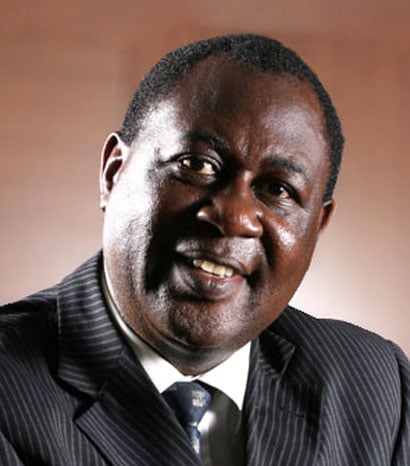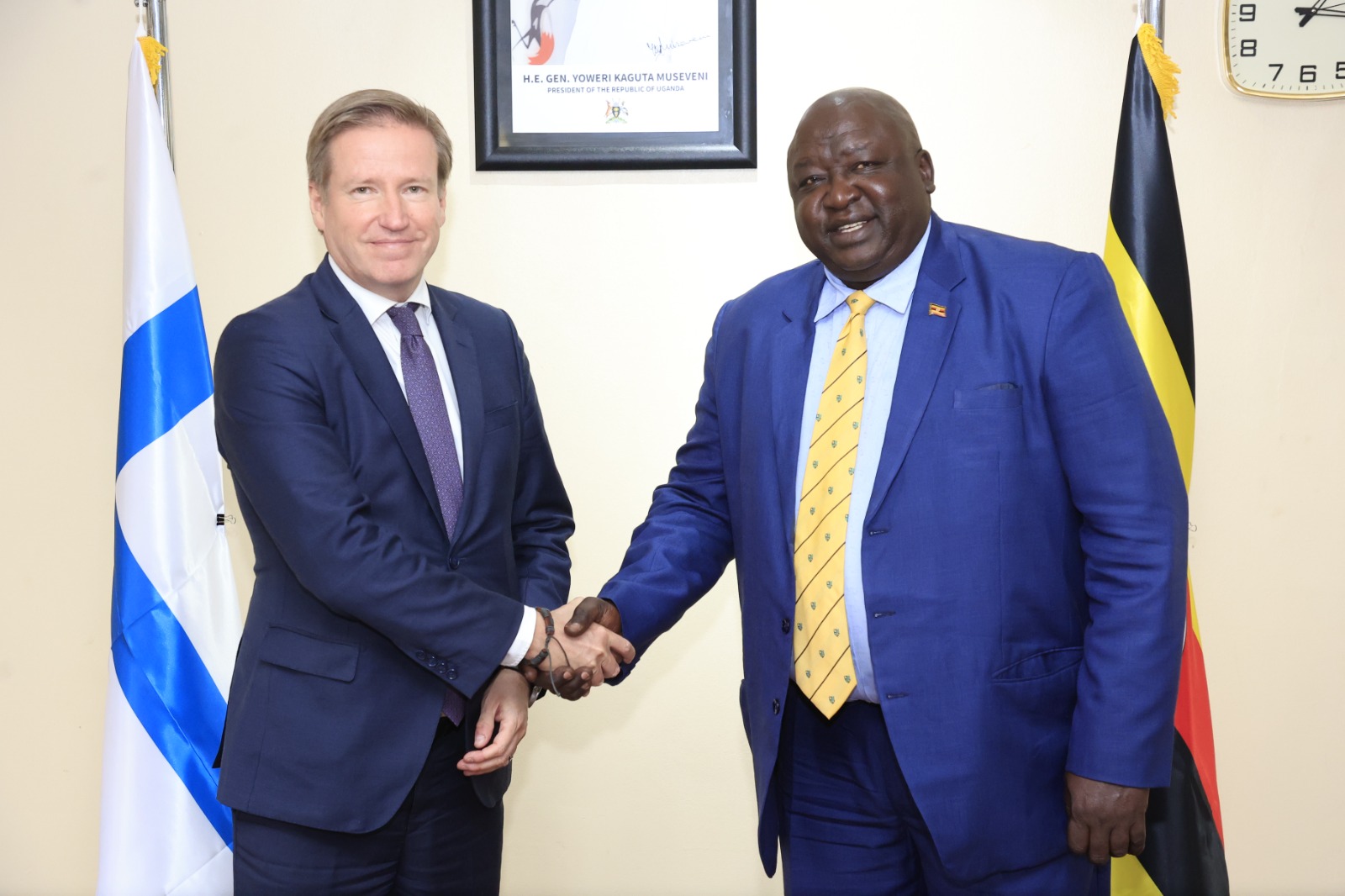PART I: How Buganda Kingdom was dismantled by colonialists
The Nile Post shall run a two-part series on the dismantling of Buganda Kingdom first by the colonialists and later by the 1962 Independence Constitution. The series are written by SAM MAYANJA, a highly respected lawyer and a senior partner with Kampala Associated Advocates (KAA). In this first part he traces how colonialists and missionaries took control of Buganda.

SAM MAYANJA
“Bwenfa nga obwakabaka Bukenya Bukomye” (my death shall mark the end of Buganda Kingdom ) Kabaka Mwanga declared in face of the riot of his subjects who had turned rebels under the tutorage of the missionaries.
The combined Ganda/ British (mainly Sudanese), soldiers under the overall command of Apollo Kaggwa, captured Kabaka Mwanga. Colonial and Missionary infant Daudi Chwa succeeded the captured Kabaka Mwanga.
Colonial and missionary Hegemony demanded that the Buganda throne should be a sort of cipher and what better cipher be found than a 13- month old cipher. “ Ensi esigadde njerere” was captured Mwanga’s verdict of this action.
When Sir Harry Johnston arrived in kampala on 20 December 1899 formally launch the colonial rule over Uganda, the ground had been prepared for him by Ganda Generals and the missionary collaborators.
The Ganda Generals became the leading chiefs in the Kingdom and for their own king and the troublesome Kabalega ,were awarded with leading political post of two Katikkiros-One protestant and the other catholic and two Gabungas and two Bajasis (respectively the Commander of the navy and army)
To consolidate the British takeover of Buganda Kingdom and eventually Uganda, the so called 1900 Agreement was put in place, by which the leading chiefs were awarded with political posts and to give them a sense of daily power over the people under them, land was grabbed from the Ganda population and allocated to the Ganda Generals who had now became top chiefs. Some of the grabbed land apart from the chiefs was allocated to the missionary societies, the leader of the moslem faith and to other notables.
There is a lie on record that 1, 000 minor and notables were to receive the estates of which they are already in possession. The lie is so blatant because there is no way 1000 individuals could have occupied 8 square.miles in equal shares .
The truth of this allocationwas to widen the net of the collaborators. Under the land (survey) Law, of 15th August 1909, the Lukiiko was given powers to allot any land whose original allottees had lapsed without being taken up. The Buganda Agreement with (allotment and Survey), 1913 gave more powers of allocation of land Lukiiko.
Membership of the Lukiiko were only chiefs all of whom had benefited from the land grabbing of the 1900 agreement.
In addition, the leading chiefs exploited this to secure the largest possible amounts of land for themselves The Huge estates amassed by Apollo Kaggwa the Prime Minister, Stanlus Mugwanya and the Chief Justice , Zakaliya Kasingiri give weight to this assertion.
Apollo Kaggwa allotted mailo’s to all sons including one who was unborn at the time. The British colonialists by a memorandum date 13 February 1900 under the signature of HH Johnson , her Majesty Special Commissioner and Commander in Chief, grabbed more alnd and allotted to the three leading chiefs in what the Memorandum called “ further compensation” .
The Katikkiro Apollo Kaggwa was given 100 government cattle from the Kavirondo district. The Memorandum used the words “further compensation .”
In todays language it is called bribe.
So Mailo was actually used to bribe the chiefs. Mailo was therefore the first introduction of official corruption in Uganda.
The colonial administration were embarrassed at this land grabbing which had no legal status and consequently introduced the land law of 15 June 1908 and defined in article 2 the grabbed land as “mailo”, the land grabbers had now become the decent “mailo owners” to make sure that control of land was in the hands of chiefs, every chief from Gombolola upwards had at his disposal land which that chief would hold and enjoy all the benefits as long as he was in that chieftainship. Under section 5, that type of grabbed land was defined as “official mailo”.
The 1928 law known as the Busulu and Nvujjo law for the first time used the words “ Busuulu”,”Nvujjo”, “ Mukopi” in the law in an attempt to give the impression that the “mailo” was a local tenure whereas not.
In reality, this law came in to curb the excesses of the land grabbers and at the sometime cool the Bataka party which was mobilising the population against the land grabbers and threatening to make the colony ungovernable.
However, despite the fact that it was the governor who forced the Lukiiko to pass this law, they managed to smuggle in clauses which gave them supremacy over the land and stated among other things, in section 10, that the “mukopi” shall render to the mailo owner all respect and obedience.
The mailo land give way/ grabbing effectively enabled the British colonialists to create a collaborating class of Ganda aristocracy which would ensure effective colonial dominance and as press any local uprising.
The Ganda chiefs inscribed the new order of power with themselves at the top, into the spaces of square miles of land which they had grabbed or had been grabbed for them.
In the 1900 Agreement therefore, the Kabakaship emerged as a seriously emasculated institution; the Kingdom had effectively died and it was this new order with chiefs owing their existence to the colonial and not to the Kabaka who were calling the shorts in the indirect rule system which the colonialist had so elaborately put in place.
The question as the whether the Buganda Kingdom had any life left in it all was put to test during the 1950S when the British invoked their powers under 1900 agreement and withdrew recognition of Edward Muteesa as Kabaka of Buganda for disobeying the directions and instructions of the governor.
He was promptly bundled into exile as had been done to his grandfather Mwanga.
But while in exile, Edward Muteesa met another cultural leader who had also been exiled . He was Seretse Khama the King of Bamwangato people in Bechamaland (now Botswana).
Seretse Khama is reported to have told Edward Muteesa that the political situation in Africa was rapidly changing and that he saw no future for Monarchs in Africa. Power as shifting from thrones to political parties.
Indeed on return to his country, Setse Khama formed a political party which led Botswana to independence.
In the second and final part tomorrow we look at how the 1962 Independence Constitution further weakened Buganda.













